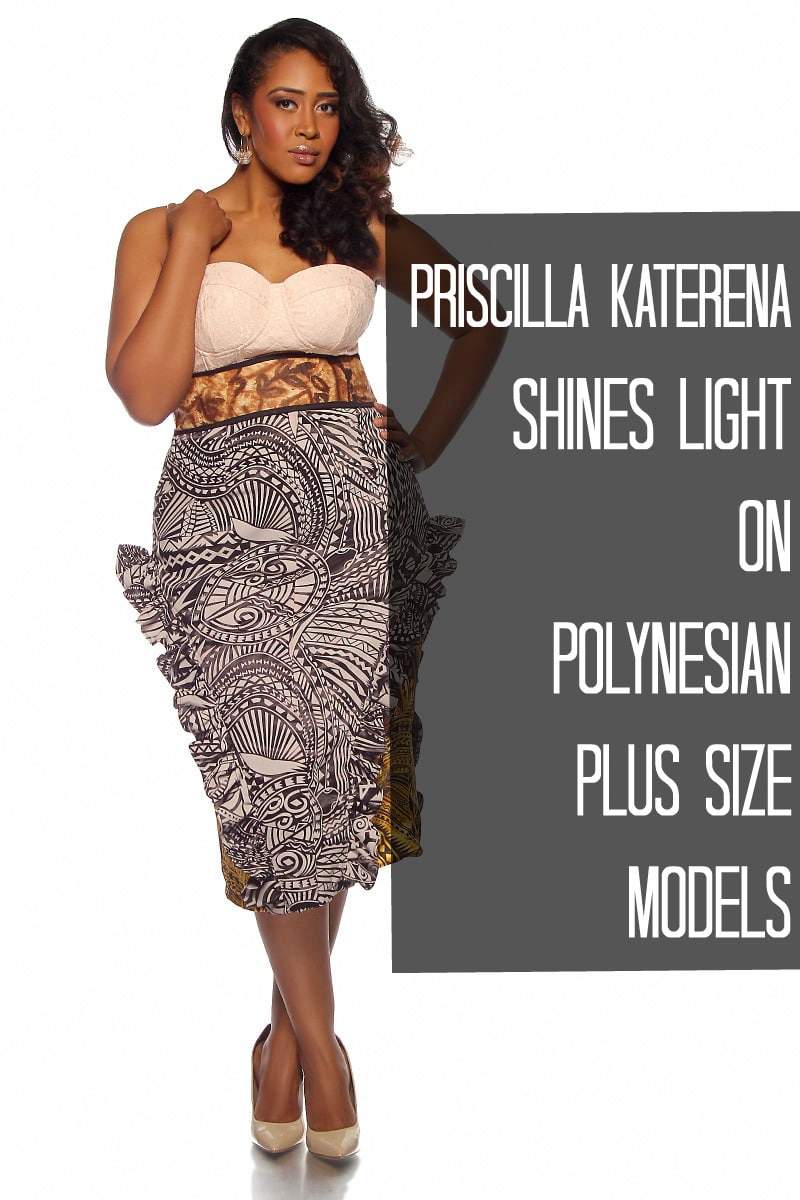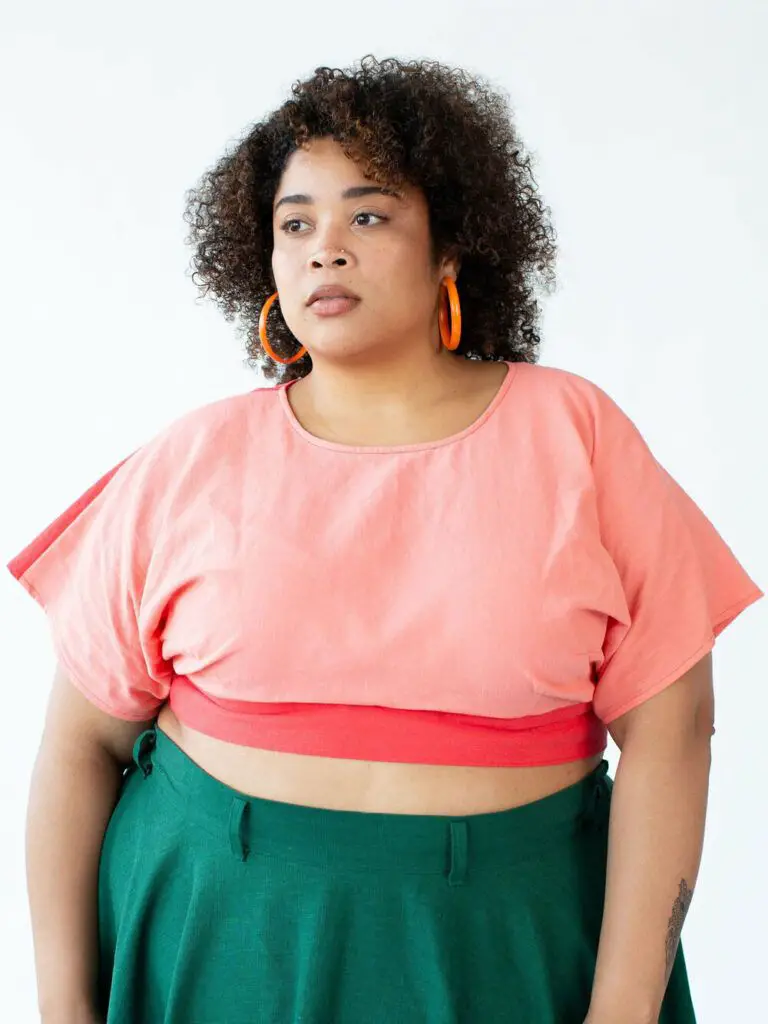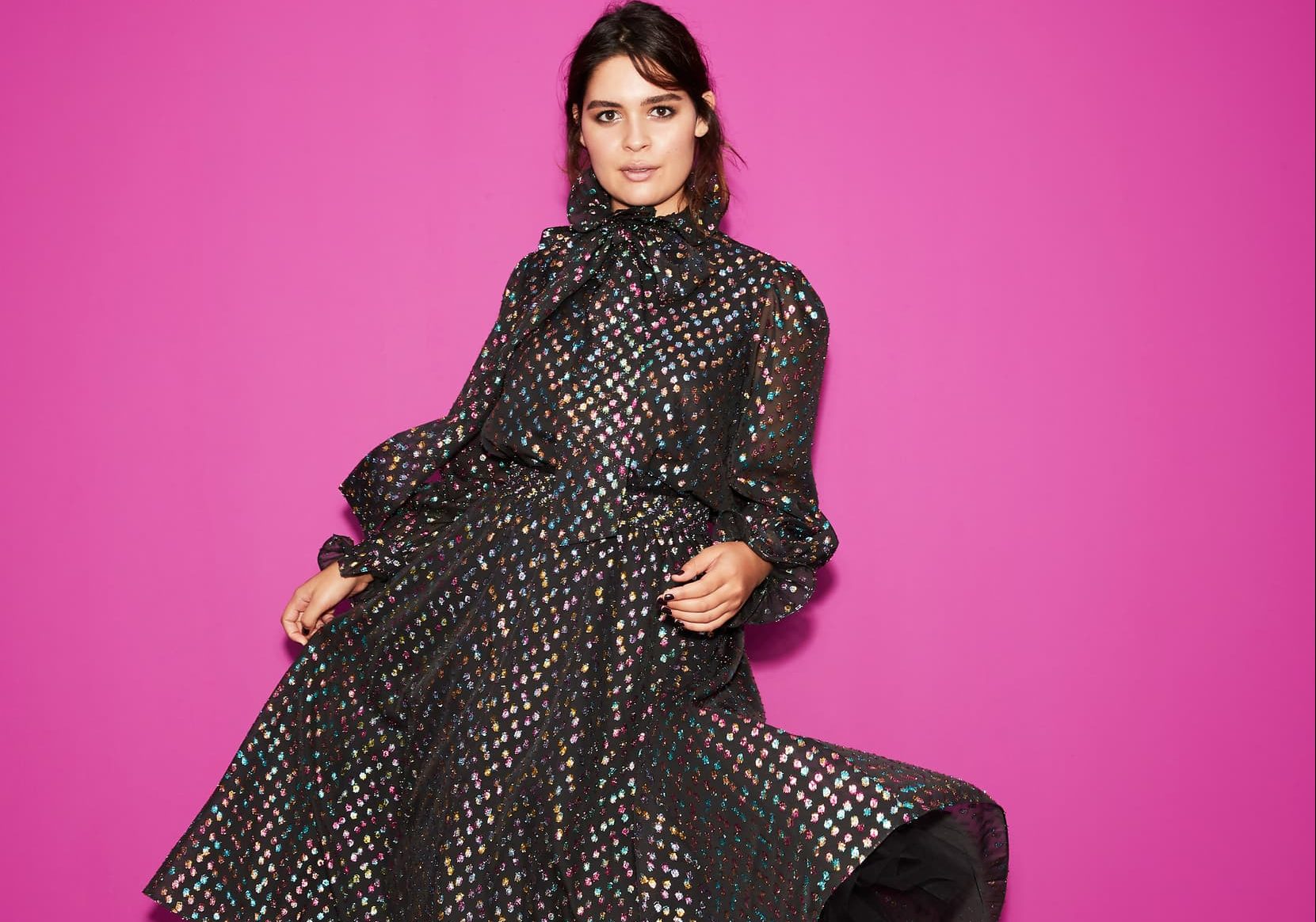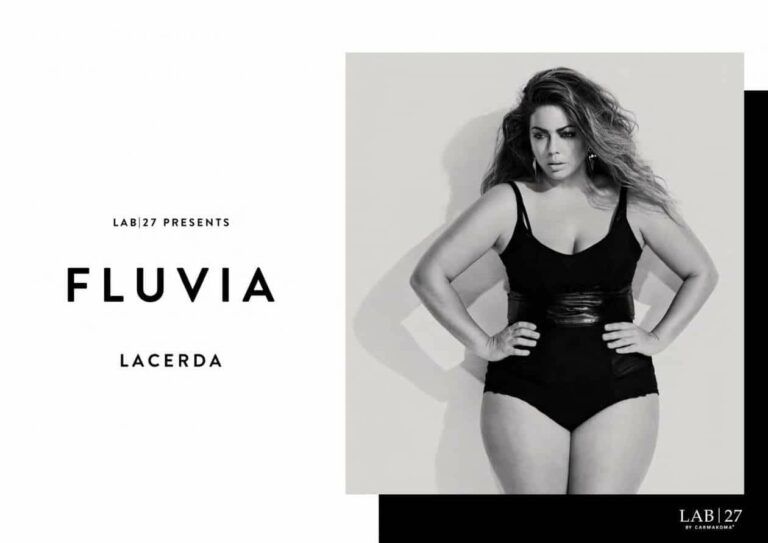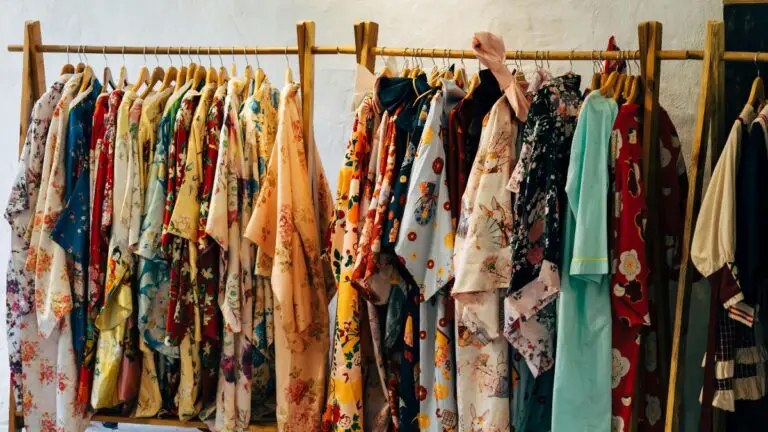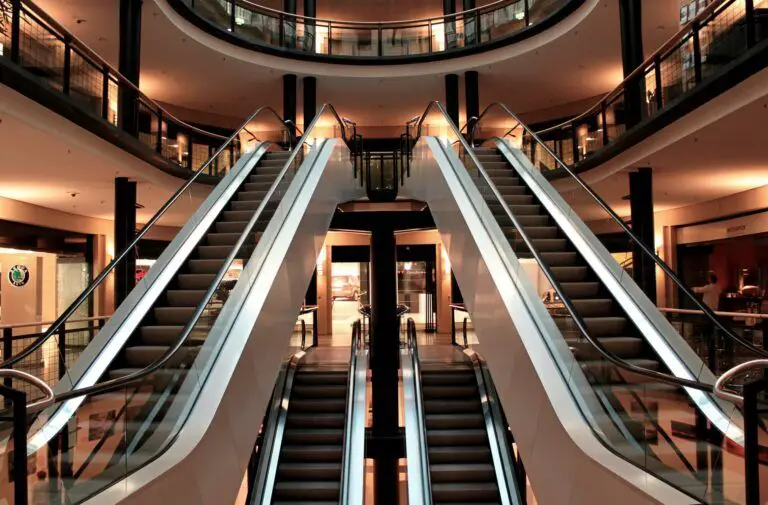If you do not know, I have a strong Asian influence on my life. Growing up in Oahu, Hawaii and then in Okinawa, Japan, I have had the pleasure of being exposed to the beauty and the cultures of both the Asian and Polynesian cultures. I can say hello in a few languages, and I still speak conversational Japanese. Certain words in Hawaiian, Samoan, Tongan, and a few other cultures I still remember. So when I met Priscilla and she shared a project she was working on, Shining light on Polynesian Plus Size Models, immediately I wanted to support and share!
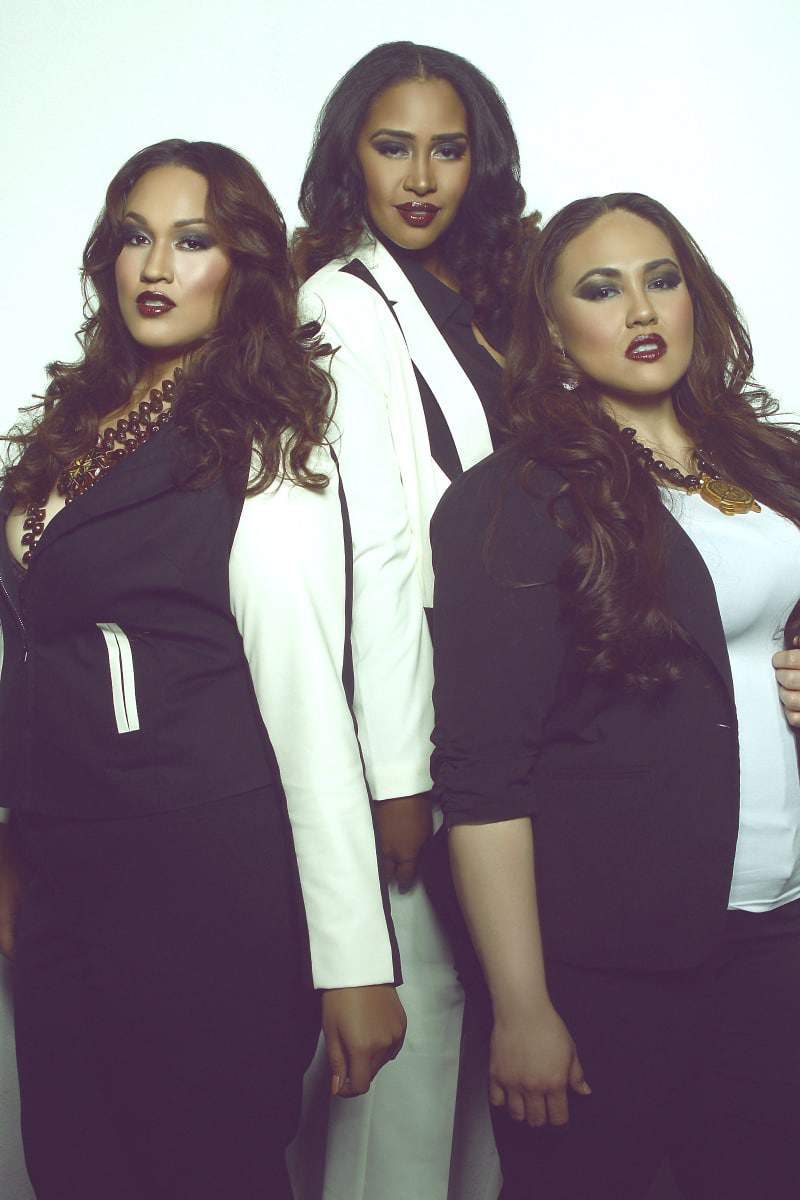
Through the Polynesian Exchange, consisting of Veronica Pome’e, a plus size Tongan beauty and owner of Changing In Love, a youthcentered nonprofit organization, Samoan Tracy Feagiai McNeal, a distinguished beauty queen who is the 2013 National Miss Plus America Cover Girl, the first crowned Miss Plus USA, and the 1st Runner Up for Mrs. Washington Plus America; as well as Priscilla Katerena, a Samoan and Black Curvy personality and owner of MKPR Branding Agency, based in Los Angeles CA, this project highlights varied levels of beauty- especially in plus size fashion.
I had the pleasure of asking Priscilla a few questions about the project, her goals, and life as a biracial Polynesian and black woman! Take a read!
What prompted you to fashion this shoot?
Once I connected with Veronica during Haute Curves LAFW 2013 who then connected me to Tracy, I had a vision of us all coming together to capture the beauty that is Polynesian Women. I recall posting on my Google + and Facebook account in the month of November about my vision of this photo shoot. It touches me deeply because it embraces my Polynesian side which I hold near and dear to my heart because I was raised in American Samoa; Samoan was my first language… it still touches me to speak about it. I took two things that I loved dearly, fashion and culture and combined them to create the vision of the Polynesian Exchange.
As a Polynesian Biracial woman, what does this shoot and project mean to you?

It means everything to me because I am able to share with the world the richness of my two cultures: Samoan and Black. Both are filled with rich history and tradition. Even now, I always reminisce about my years growing up on an island not being able to speak a lick of english except for yes and no. Those where some of the best years of my life.
As a child, who were your role models?
My Samoan grandmother was my main role model because she raised me. Outside of her, I had my mother and aunties. There was no one in the public eye that I’d label as a role model because I didn’t see myself in any of the women due to my strong identity as a Samoan. All I saw on the limited television we watched were white and black women on Days of Our Lives and as a child, I hadn’t yet identified with my black side.
How has this affected the way you identify yourself?
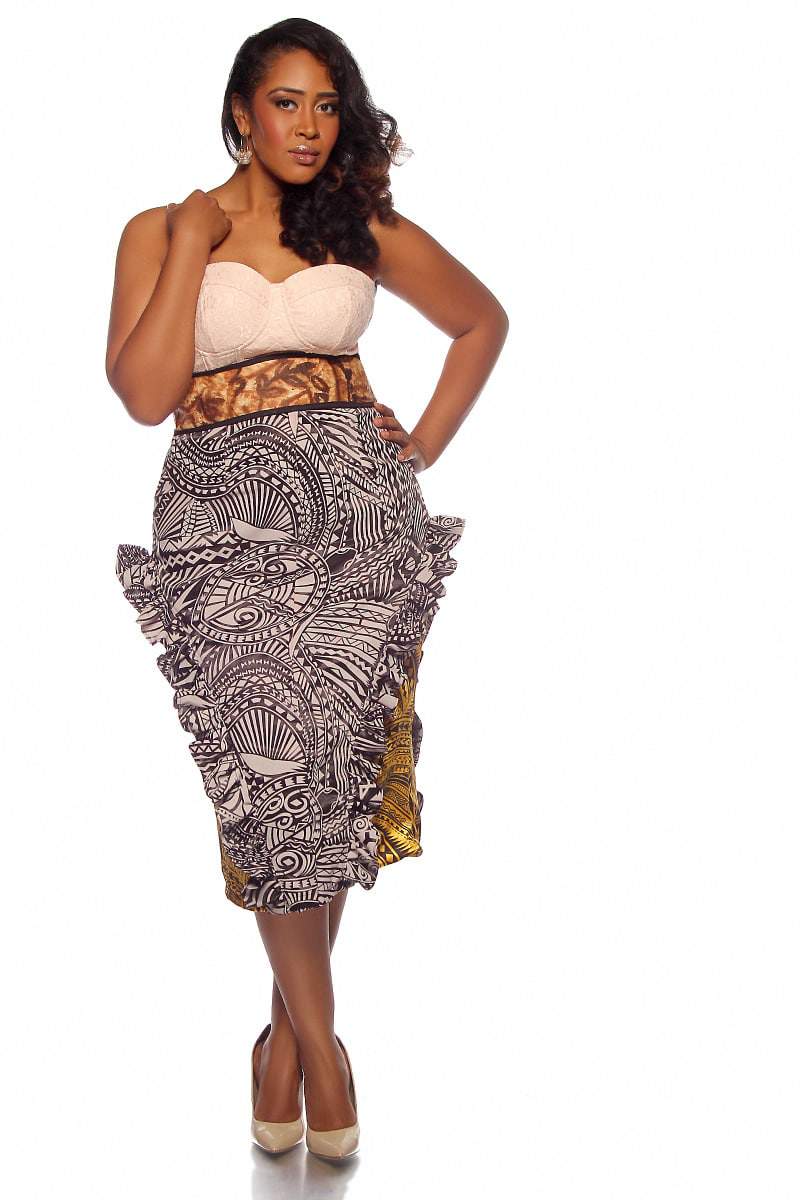
It hasn’t affected the way I identify myself at all. I was privileged to have grown up with both sides of my family. However, the dilemma now often arises because I do not speak the Samoan language any more nor am I around many Samoans so I often feel a piece of me missing. So with this photo shoot it was a way for me to tap back into my roots and get back in touch with my Samoan side. The struggles of being biracial… lol.
As a woman of color, what would you like to see more out of the industry?
I would like to see more representation of all ethnicities not just black or white or as labeled exotic. It was difficult for me when I started modeling to identify with certain models because I knew they didn’t represent me culturally though they may have looked like me. I feel like every little girl, whatever her ethnic background needs to see various role models they can look up to or identify with.
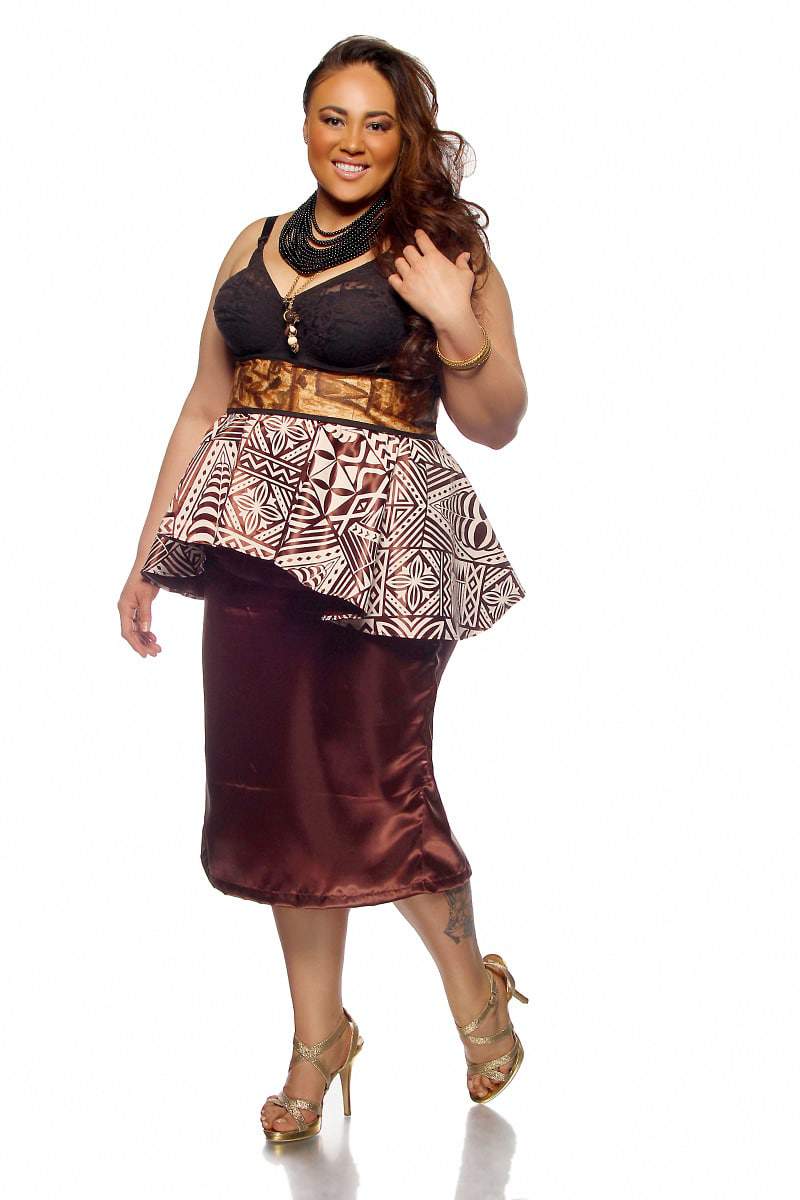 How do you think this makes a difference?
How do you think this makes a difference?
If nothing else, now people can say that yes, Polynesian Women can hold their own like their male counterparts in breaking into the entertainment industry. We obviously have a long way to go however, this is a first step into opening the doors of opportunity for the next generation of Polynesian/Polynesian Biracial girls. I strongly feel like this photo shoot is more than just images, it’s an enlightenment of sorts.
What message do you want women to take away from your shoot?
I want women to embrace their differences and love their culture. In my opinion, when you do that, it shapes who you truly are and it helps you evolve into your true authentic self. Once you do that, then you are no longer concerned with who society says you should be.
 ANY last words?
ANY last words?
First and foremost, I’d like to thank God for entrusting me with this vision for the Polynesian Exchange. I’d also like to thank everyone involved in this project. Without any hesitation when I asked them to come on board for this first ever type of photo shoot capturing an underrepresented culture in the fashion industry everyone said yes.
A special thank you goes to the beautiful models involved Veronica Pome’e and Tracy Feagiai McNeal. I am grateful that you both trusted the vision I had for the photo shoot. And thank you to Arion Deville, Erika Munoz, & Shalon Dozier makeup artists from Aida Cosmetics for the beat faces, Cherie Fletcher and Rayven Lacey of Hair Confidence by Bliss for the gorgeous hair dos, Designer Nancy Thompson of Lucy’s Island Fashion & Trend for your beautiful designs, Stylist Tearra King for coming on board last minute, Photographer Kem West for capturing such beautiful images, Ryan Bennett for documenting the entire shoot, Reese Charleswell for being a great host for the video shoot, and last but not least The Curvy Fashionista for your willingness to publish this story that is near and dear to my heart. It means the WORLD to me.
How cool is this project? Being able to share stories of those who are trying to bring light to various issues within the community make me happy!
What Say You?

